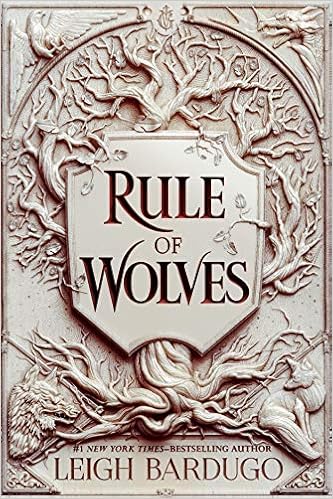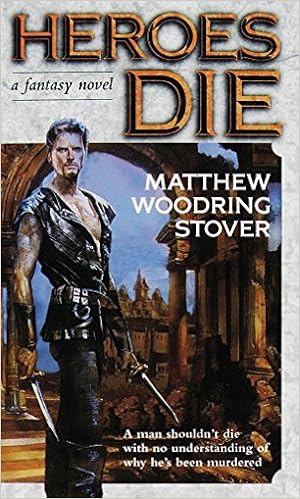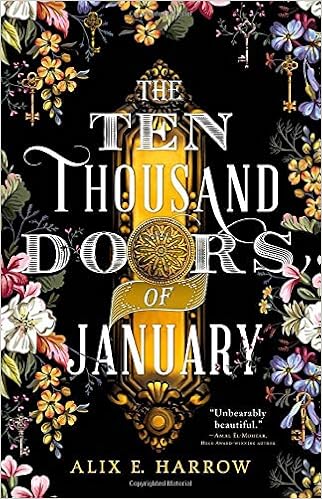Eight years ago I picked up this book with book with one of the most interesting premises I’d run across: a criminal who steals thoughts and information from peoples’ minds, and operates under an oppressive regime where people with her sorts of gifts are imprisoned and executed.
Little did I know that this was just the tip of the iceberg for young Paige Mahoney. Over the next few years, books 2 and 3 were released with the tale of Paige’s exploits growing exponentially. After book 2, I was really convinced that Ms. Shannon didn’t like Paige very much, and book 3 pretty much cemented that.
Then came the gap. Paige Mahoney had just gotten out of an absolute horror of a situation, and book 4 was just “coming soon.”
Boy was the wait worth it. The Mask Falling opens with Paige and Arcturus (Warden), escaping England and ending up in a safe house in the Scion Citadel of Paris. Paige is in really rough shape, but has been taken in by the mysterious Domino Program; who want to use her abilities and skills to help subvert Scion control. While she has been told to stay put and heal, Paige also wants to leverage her position of Underqueen to gain audience with the Court of Miracles — the voyant syndicate of France — to continue her own flavor of assault on Scion, and, hopefully, learn the fates of many of her friends.
This one is a real rollercoaster, but I often found myself giving Paige the ol’ “What the hell are you doing?!?!?!?”
Paige’s stubbornness is definitely her biggest weakness. Sure, her bond with Arcturus definitely affects her judgement sometimes, but it is Paige’s unwillingness to accept compromise that really seems to put her in all the pickles in The Mask Falling. Especially when things get wacky, and, boy howdy, they get wacky.
One thing about this series that I greatly appreciate is Ms. Shannon’s boldness in worldbuilding. The Scion Citadel of Paris is absolutely nothing like the Scion Citadel of London, yet she could have used the uniformity of Scion to make them far similar. Details like this, and her amazing obsession with tweaking language (definitely read the afterword about how she tweaked Scion French) show a masterful attention to what makes each location, and subsequently culture, unique.
I dearly hope we don’t have to wait too long for book 5.



![A Hidden Burrow Near Barcombe: Book Two of the Dryad's Crown by [David Hopkins, Daniel Decena, Francesca Baerald]](https://m.media-amazon.com/images/I/513RUEZxVCL.jpg)







Recent Comments